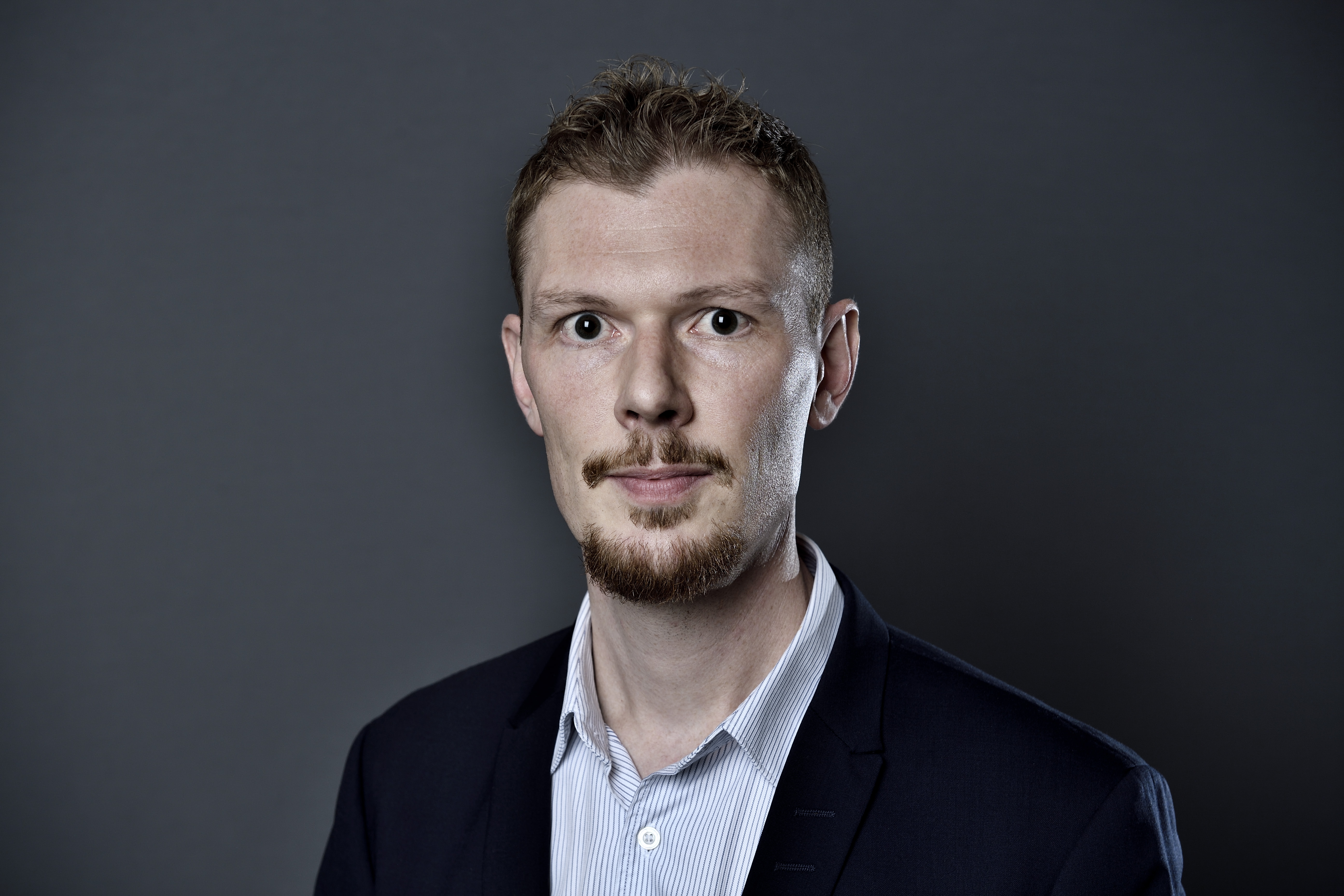Søren E. Degn
Research leader

Project title
B Cells: Breaking Tolerance
What is your project about?
The main function of our immune system is to fight infections and thereby maintain our health. Paradoxically, under certain conditions, it may react against our own tissues and initiate an attack on our body. This is the background for a diverse array of autoimmune diseases, which include Type I Diabetes, rheumatoid arthritis, psoriasis and lupus.The processes that drive autoimmune reactions remain poorly understood. In this project, we will investigate a novel hypothesis whereby so-called B cells, which normally make protective antibodies, may erroneously present molecular constituents of our own tissues and elicit untoward immune reactions against these.
How did you become interested in your particular field of research?
Early on in my studies, I became deeply fascinated by the intricate way our immune system integrates with practically every physiological process in our body. I expanded into this field during a research stay at University of Toronto, and during my PhD in Immunology at Aarhus University I spent a year at the Immune Disease Institute, Harvard Medical School. This fueled a shift in focus towards understanding what goes wrong when we develop autoimmune diseases - a question I have pursued since, during my postdoctoral fellowship at Boston Children's Hospital and in my own research group in Aarhus.
What are the scientific challenges and perspectives in your project?
The immune system is a double-edged sword that the body wields to fight infections and eliminate cancerous cells, but which may also cause allergies, autoimmune diseases and rejection of transplanted organs. Thus, an increased understanding of the balance between beneficial and untoward immune reactions may be key to solving the central medical challenges that our society faces. By combining molecular techniques, mouse models and analyses of genetic data from patients, we hope to be able to accelerate our understanding of the specific immunological processes that initiate adverse immune reactions in people.
What is your estimate of the impact, which your project may have to society in the long term?
The incidence of autoimmune diseases has increased dramatically in recent years and an estimated 300,000 Danes suffer from some form of autoimmune disease. This encompasses more than 80 diverse diagnoses, which for the most part are individually rare and are therefore often forgotten in the public debate about health-related issues. This project will contribute new knowledge about what happens when the immune system adversely reacts against our own body. An increased understanding of the biological processes that influence the risk of developing autoimmune disease may eventually contribute to improve the prevention and treatment options.
Which impact do you expect the Sapere Aude programme will have on your career as a researcher?
I am extremely grateful for the recognition of being selected for the Sapere Aude programme, and it is a huge motivation to continue to contribute to solving the Gordic knot that autoimmune diseases represent. The enormous prestige associated with the Sapere Aude programme in the scientific community will increase the visibility of my research significantly and further strengthen our interdisciplinary collaborations, both nationally and internationally. This project opens up entirely novel research avenues and ensures that we will be able to continue to be at the forefront of the field internationally.
Background and personal life
My research is my great passion and it takes up a lot of my time. I also contribute to the scientific community as board member and secretary in the Danish Immunology Society, as council member in the Scandinavian Society for Immunology, and as member of the steering committee and representative for Denmark in the European B Cell Network. My spare time is spent with my wife Maria, who comes from Canada and is a medical doctor, and our wonderful children Isabelle and Pascal. On a ‘running basis’ I try to stay in shape along the beaches and forests of Marselis and Risskov.
View all research leaders here
Research institution
Aarhus University, Department of Biomedicine, Health
Research field
Immunology, autoimmunity
City of your current residence
Aarhus
High school
Viborg Katedralskole
